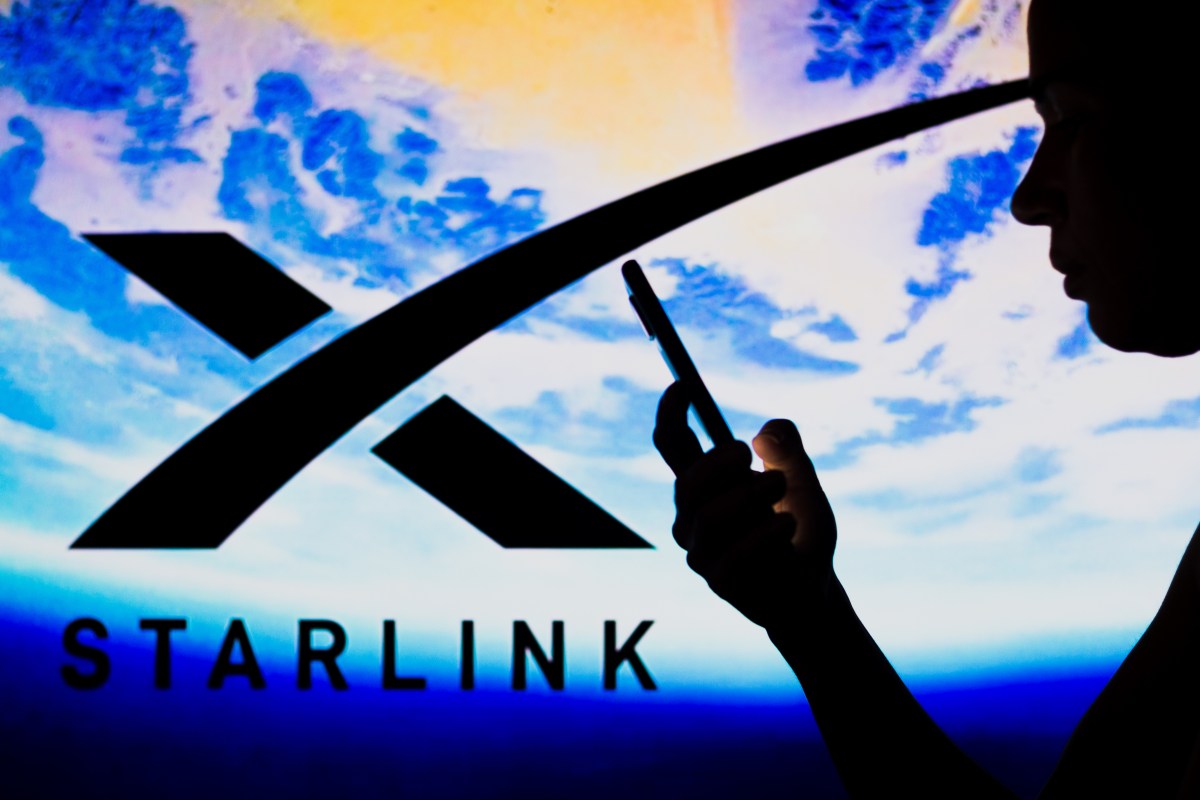

Elon Musk’s Starlink has received anticipated state approval in India, opening the door to enter the world’s second-biggest internet market after China — over three years after SpaceX’s previous attempt to launch its satellite-based broadband in the country eventually failed.
On Wednesday, the Indian Department of Telecommunications gave its nod to Starlink to start working toward its compliance in the South Asian nation, a senior official confirmed to TechCrunch.
Starlink will now have to submit documentation showing it complies with the licensing requirements. Earlier this week, New Delhi published its rules (PDF) for Global Mobile Personal Communication by Satellite (GMPCS) operators to set clear security guidelines for companies including Starlink, Amazon’s Kuiper, and others.
Some of those rules will help the Indian government censor content and intercept traffic, just as it could do with terrestrial network operators, and restrict user terminal access “from outside the geo-fenced coverage are and/or through gateway situated outside India.” Satellite companies need to comply with them to operate in the country.
SpaceX will also need clearance from India’s space regulator, Indian National Space Promotion and Authorization Centre (IN–SPACe), to enable its satellite-based communication services.
The official rollout of Starlink’s connectivity in India would still take six to nine months, per people familiar with the matter.
Nonetheless, the latest move is a welcoming gesture from the Indian government for Musk, who has been looking to launch Starlink in the country for quite some time to expand its user base. India has a population of over 1.4 billion people, but only around 950 million internet subscribers, making a tantalizing market for Starlink or any other company selling internet connectivity with a different approach.
Techcrunch event
Berkeley, CA
|
June 5
The approval comes about two months after the Indian telcos Airtel and Reliance Jio announced their partnerships with SpaceX to launch Starlink’s high-speed internet service in the country. However, the rollout plan was not straightforward through those partnerships, as Starlink needed standalone regulatory approvals.
In 2022, SpaceX was reprimanded for launching Starlink services in India without obtaining the necessary licenses. The company had to refund pre-orders of its equipment after the government called it out for “booking/rendering the satellite internet service” before getting the necessary licenses.
However, the environment has changed for Starlink now, thanks to Musk’s close-enough relations with Trump. Starlink has also reportedly been used as an instrument of leverage over countries preparing for trade talks with the U.S.
Last month, Indian commerce minister Piyush Goyal met with Starlink executives, including its India spearhead Parnil Urdhwareshe, at his office in New Delhi. This was two months after a meeting between the Indian prime minister Narendra Modi and Musk in the U.S. Musk also recently announced plans to visit India this year. The visit could be an opportunity for the billionaire to oversee the progress of Tesla’s India operations, as the EV carmaker is also eyeing the world’s most populous country — in addition to Starlink’s rollout.
Having said that, Starlink is likely to face both local and international competition in the satellite internet space in the country, as OneWeb, which is in partnership with Airtel, already has an approval from IN-SPACe, and Jio SpaceFiber, which is a joint venture between Reliance Jio and SES, has approvals from both DoT and IN-SPACe, and Amazon’s Kuiper is also looking to get the approvals to start its service when ready.
The Indian government has also yet to share details on the spectrum it will allocate to satellite internet companies. In late 2023, the government enabled spectrum allocation for satellite services through a specific fee by introducing a new telecom bill. However, the exact requirements and fee it will charge are yet to be announced.
SpaceX did not respond to a request for comment.
Keep reading the article on Tech Crunch